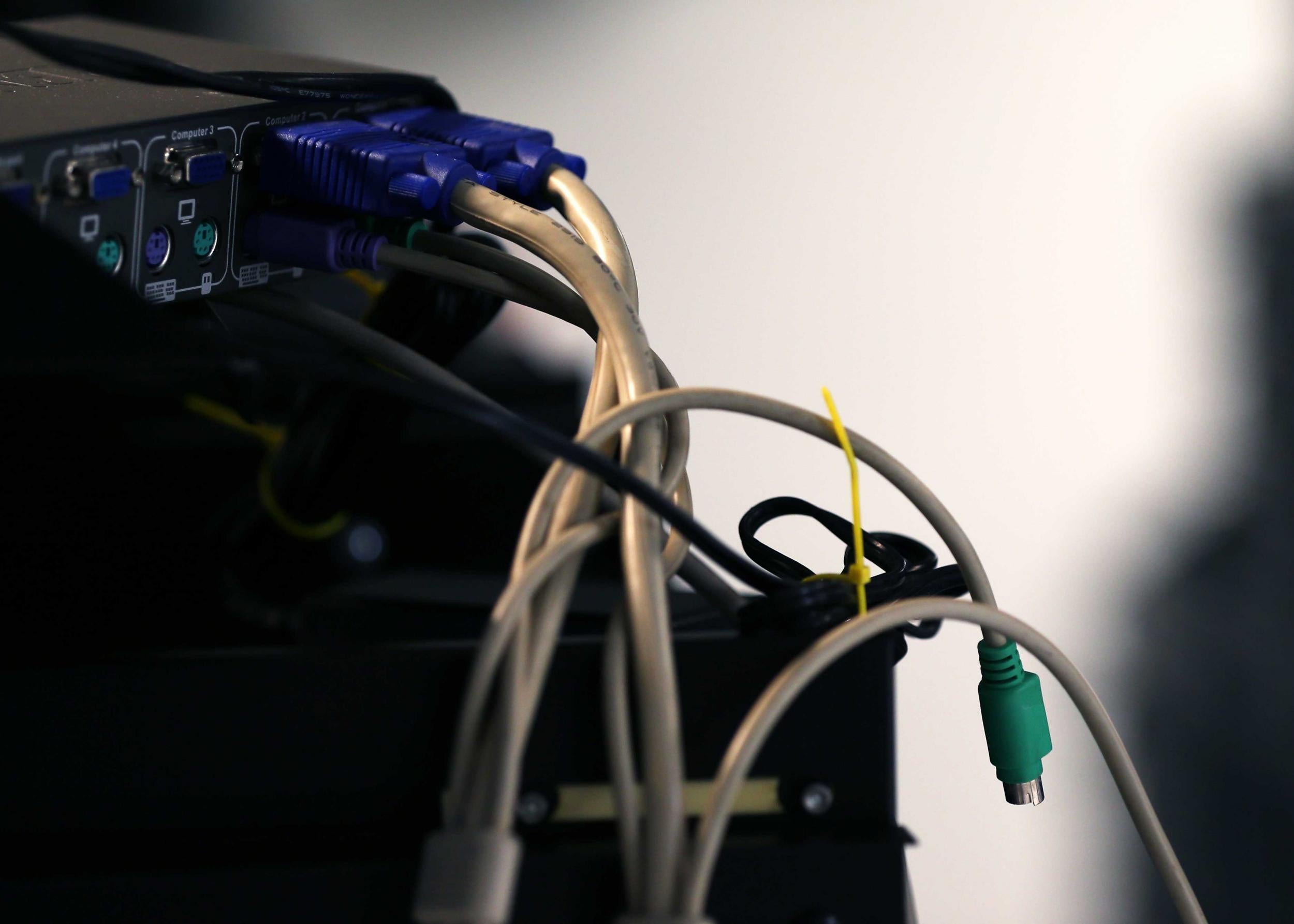How to stop your boss spying on you, as European Court rules bosses can read messages
Your employer has the right to look in on your messages — here's what to do if that makes you feel uneasy

Your support helps us to tell the story
From reproductive rights to climate change to Big Tech, The Independent is on the ground when the story is developing. Whether it's investigating the financials of Elon Musk's pro-Trump PAC or producing our latest documentary, 'The A Word', which shines a light on the American women fighting for reproductive rights, we know how important it is to parse out the facts from the messaging.
At such a critical moment in US history, we need reporters on the ground. Your donation allows us to keep sending journalists to speak to both sides of the story.
The Independent is trusted by Americans across the entire political spectrum. And unlike many other quality news outlets, we choose not to lock Americans out of our reporting and analysis with paywalls. We believe quality journalism should be available to everyone, paid for by those who can afford it.
Your support makes all the difference.A European court case has once again highlighted that you might be getting snooped on by your employer — and you might not even know it.
Many employers have the right to look in on the communications of their employees, and might not even necessarily need to tell them, experts have said.
But there are some ways of hiding information away from your employer — extreme though they might be.
The main thing to do is to ensure that your work devices and your personal ones don’t get mixed up. To be most safe, you should be sure that there is nothing on your work device that isn’t work, and vice versa — even having your work email app on your phone means that it could be used for work, and potentially blurs the boundary.
The second is to ensure that any communications you do on that device is kept in apps that you don’t use for work. Some software, such as Slack, can be used for both work chats and personal ones — but mixing them up means that you’re using professional equipment for personal chats, and that your boss might end up reading them.
Many apps — including iMessage, WhatsApp and Telegram — encrypt their messages, so that they can only be read on the device sending them and the device reading them.
But encryption doesn’t do anything if your boss has access to the device that the messages were sent using. So, for instance, you might be using Telegram to stop your messages being intercepted — but if you’ve got the app open on your desktop then all your boss needs to do is to open up your computer.
It’s also important to make sure that if you really want to stay off the grid as far as your bosses are concerned, don’t use their WiFi. It isn’t clear how far the definition of equipment for work goes — but wireless networks could easily be considered as counting within it.
If you feel like you need to take any of these steps, then it might be worth consulting your employee handbook and your IT department to ask — if not your managers themselves. They don’t have to have told you in advance that they are monitoring messages, according to experts.
Your employer doesn’t need to give you warning before looking in on your messages. "Within the UK you can conduct monitoring without employee consent," Paula Barrett, partner and head of privacy, at Eversheds told The Independent.
Join our commenting forum
Join thought-provoking conversations, follow other Independent readers and see their replies
Comments